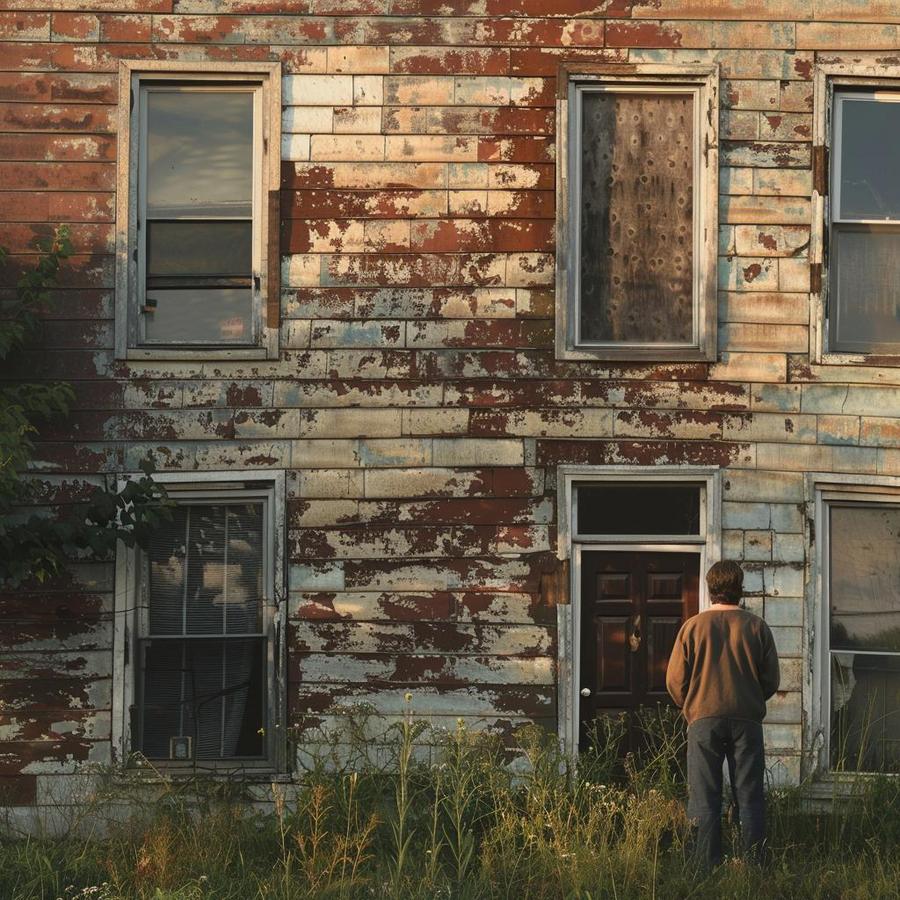So you’re thinking about selling your house as-is in Virginia? I get it—skipping repairs sounds tempting, especially if you’re short on time or cash. But here’s the thing: you might leave more money on the table than you realize. Let me walk you through what this actually means for your wallet, plus some strategies that could help soften the blow. Whether you need to sell my house fast in Richmond or elsewhere in Virginia, these insights should help you figure out your next move.
TL;DR:
- Selling as-is skips repairs, saving time but often lowering offers.
- Virginia law requires disclosing major issues to buyers.
- Market conditions affect outcomes; seller’s markets are more favorable.
- Agent commissions, closing costs, and lower offers impact profit.
- Alternatives include iBuying or fixing before sale.

What Does ‘Selling a House As-Is’ Actually Mean?
Understanding the As-Is Selling Process
When you sell as-is, you’re basically telling buyers: “What you see is what you get.” No fixing that leaky roof. No updating that 1970s bathroom. Buyers take the property exactly how it stands today. Sure, this approach dodges the repair headache, but it tends to scare off some buyers and might squeeze your offers down. Take 2022, for instance—fixer-uppers averaged around $225,000, while homes that were move-in ready? They pulled in roughly 45% more.
Legal Requirements for Disclosure in As-Is Sales
Here’s where it gets tricky. Even though you’re selling a house as-is in Virginia, you can’t just stay quiet about that foundation crack or the mold behind the basement wall. Virginia law says you’ve got to come clean about major defects you know about. Hide something big? You could face a lawsuit down the road. Actually, getting a pre-listing inspection might seem counterintuitive, but it can save you headaches—and possibly build some trust with wary buyers.
Why Would You Choose to Sell Your House As-Is?
Weighing the Pros and Cons
The good news? You’ll probably close faster, keep more cash in your pocket upfront, and dodge the whole contractor circus. The not-so-good news appears to be pretty straightforward: lower sale prices and maybe crickets from potential buyers. Your personal situation—how fast you need to move, what’s in your bank account—that’s what really determines if this path makes sense.
Cases Where Selling As-Is Makes Sense
Sometimes it’s the smart play. Can’t swing $20,000 for a new roof? Got a job transfer next month? Inherited grandma’s house three states away? These situations might justify taking the hit. And honestly, in some neighborhoods, dumping money into renovations just doesn’t pay off. A chat with a local agent who knows your area can help you figure out if fixing things up would even be worth the hassle.
How Does the Condition of Your Home Affect Its As-Is Sale?

The Impact of Major Repairs on Sale Price
Big problems equal big discounts. We’re talking structural damage, ancient HVAC systems, or that suspicious black stuff growing in the attic. Buyers aren’t just calculating repair costs—they’re padding for the unknown. Say you need to sell my house fast in Norfolk and the foundation’s shot. Buyers will likely lowball you, and I mean really lowball you.
Minor vs. Major Issues
A chipped countertop? That’s one thing. A roof that looks like Swiss cheese? That’s another story entirely. Understanding where your problems fall on this spectrum can help you price realistically. It might even help you negotiate better. A home inspection beforehand gives you ammunition—or at least prevents nasty surprises.
How Much Could You Lose by Selling Your House As-Is?
Let’s run some real numbers: Your as-is house might fetch $200,000. Those repairs you’re avoiding? Let’s say $30,000. Toss in agent fees at 6% ($12,000) and closing costs around 3% ($6,000). You’re looking at $152,000 in your pocket. Now, if you’d fixed the place up, maybe it sells for $260,000. After everything, you’d net $218,000. That’s a $66,000 difference—basically a year’s salary for some folks, traded for convenience.

What Are The Hidden Costs of Selling a House As-Is?
Common Fees and Costs
- Agent commission: ~6% of sale price.
- Closing costs: 2–4%.
- Buyer-requested price reductions.
- Possible longer time on market.
Comparing As-Is vs. Fixed-Up Sales
Yeah, you’ll skip the repair bills, but here’s what happens: fewer buyers show up, and the ones who do? They’re looking for a deal. Even in hot spots like when you sell my house fast in Virginia Beach, condition still matters. A lot. The market might be on fire, but buyers still know a project house when they see one.
How to Minimize Losses When Selling a House As-Is?
Essential Preparation Steps
- Get a professional inspection.
- Disclose all known issues.
- Highlight property potential in marketing.
- Price based on actual condition.
- Be flexible in negotiations.
Negotiation Strategies
Do your homework on what other fixer-uppers sold for nearby. Stand firm on the as-is part—you’ve been clear from the start. But maybe you throw in a home warranty or offer a small credit. Sometimes these little gestures can seal the deal without emptying your wallet.
Can You Sell a House As-Is Without an Inspection?
Technically? Sure. Smart? Probably not. An inspection gives everyone a reality check about what they’re dealing with. Plus, it might prevent angry buyers from coming after you later claiming you hid something.
How Do Market Conditions Affect As-Is Home Sales?
Buyer’s vs. Seller’s Markets
When buyers have tons of options, your as-is house looks less appealing. When inventory’s tight? Suddenly that fixer-upper seems worth considering. Timing matters more than you’d think.
Current Trends
Keep an eye on how fast houses move in your neighborhood and what they’re selling for. Hot markets can work in your favor—even beat-up houses get attention when buyers are desperate. Check out resources like sell your house fast to see what’s happening locally.
What Are the Alternatives to Selling Your House As-Is?
iBuying and Cash Offers
Companies like Opendoor or Offerpad will make you an instant offer. The catch? They typically pay less than market value—think 5-15% below. If speed trumps profit for you, though, this could work.
Partnering with a Realtor
A savvy agent might suggest spending $5,000 on paint and carpet to boost your price by $15,000. They know which fixes pay off and which don’t. Plus, they’ll handle the marketing circus for you.
FAQs on Selling a House As-Is
How much less do you get selling as-is?
It varies wildly, but expect anywhere from 20-45% less than comparable move-in ready homes. Your specific situation—the house’s issues, your local market—determines where you’ll land in that range.
Is selling as-is faster?
Usually, yes. Skip the repairs and you could close in a few weeks instead of months. This speed factor is huge if you’re relocating for work or need to sell my house fast in Chesapeake to avoid mounting costs.
Do I still need to disclose issues?
100%. “As-is” doesn’t mean “buyer beware” in Virginia. You still have to tell buyers about known problems. Period.
Should I offer buyer credits instead of repairs?
Credits can be a nice middle ground. You keep the as-is label but show some flexibility. Buyers feel like they’re getting something, and you avoid dealing with contractors.
Can investors be a good option?
Investors move fast and pay cash, which is great. But they’re in it to make money, so expect offers that reflect their profit margins. Still, if you need certainty and speed, they might be your best bet.





